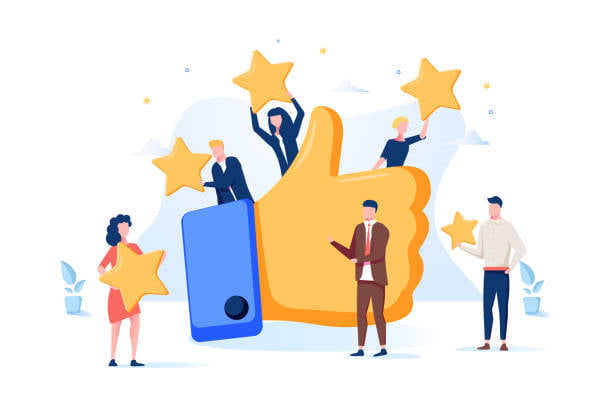
Every business desires customers. Since the dawn of commerce, customer loyalty has remained a top objective for most businesses. According to market studies, keeping consumers is significantly more profitable than looking for new ones. You want devoted consumers that spend more money with you, use your services more frequently, and promote your business. However, in today's world, it can be difficult to keep customers. Customers want and deserve a convenient and customized experience as the business world becomes more and more digital. Here are the things you need to know to increase and foster client loyalty.
What is Customer Loyalty?
Customer loyalty is a customer's willingness to to repeatedly return to a company to conduct business usually due to a positive experience associated with the brand. A loyal customer will consistently do business with a company. It's what motivates recurring business and convinces current clients to pick your business over a rival that has comparable advantages. In the context of a brand, loyalty can be viewed in one way. People identify positively with a brand when they have a good experience, such as excellent customer service, identifying with the principles and ideals of the brand, or consistently high product quality. It is not about a specific good or service; rather, loyalty results through numerous satisfying encounters that gradually foster a sense of trust. Additionally, it does not imply that every interaction must be flawless. A few drawbacks are ok, but too many will weaken the bond between a company and its customers. Customers won't actually lose loyalty as a result of a bad experience; it actually depends on how successfully the company manages the customers issues.
Boost Customer Loyalty
- Provide excellent customer service: Your clients may adore your product or service, but they are unlikely to develop a strong emotional bond with your brand if they don't feel respected and valued when they deal with you. Customers undoubtedly value courteous and helpful service when they make a purchase. Customers are more likely to experience positive feelings toward you in the future and to share positive feedback with others, whether in person or on social media, if they feel that they have been heard and cared for when something goes wrong.
- Define Customer Journey: Sales have traditionally been used by businesses to gauge their success. But as our knowledge of the customer experience advances, we can see that every purchase is a component of a bigger picture, the customer journey. All of these touchpoints work together to boost client loyalty, and by looking at the entire journey, you can focus your efforts where they will have the biggest impact. That could include speeding up response times, fixing bugs in your website or booking engine, or just managing client expectations by being transparent about how you operate.
- Focus on employee experience: What is the relationship between employee experience and customers? It can be a much stronger motivator of loyalty than you might realize. A pleasant workplace atmosphere and a favorable employee experience may both be very valuable with managing customer satisfaction. Happy workers who feel appreciated at work are much more inclined to treat customers well as well.
Customer Loyalty Metrics
- Net Promoter Score: NPS is commonly used by all types of firms to evaluate customer service and satisfaction levels and to guide marketing strategy. Monitoring your NPS, which tracks positive, negative, and neutral replies to the query, enables you to estimate the likelihood that a certain percentage of your client base will be devoted to you. The higher your NPS, the greater the loyalty you’ll receive from your customers – and the better the outcome for you.
- Multiple product/service purchases: It's advantageous for your customer retention rates and customer loyalty levels when a single product is purchased repeatedly over time. It could be even better if a repeat customer is open to trying out additional products in your line. A repeat customer who purchases many items from you is likely to have faith in your company as a whole. They are interested in learning more because they liked working with you and not just the product you produce. Keep an eye on how many of these consumers are simultaneously expanding their buying range when you're looking at repurchasing levels.
- Engagement with Brand: How frequently do your current clients visit your website, post testimonials about their goods and services, or engage with your social media platforms? Engagement can be a sign of passion for your company and its goods. It also demonstrates that your customers feel valued and that you are paying attention to what they have to say. Although engagement is not a perfect indicator of loyalty because some devoted repeat customers may make purchases for years without ever leaving a review, it might be useful to use engagement along with other loyalty metrics to complete the picture.


